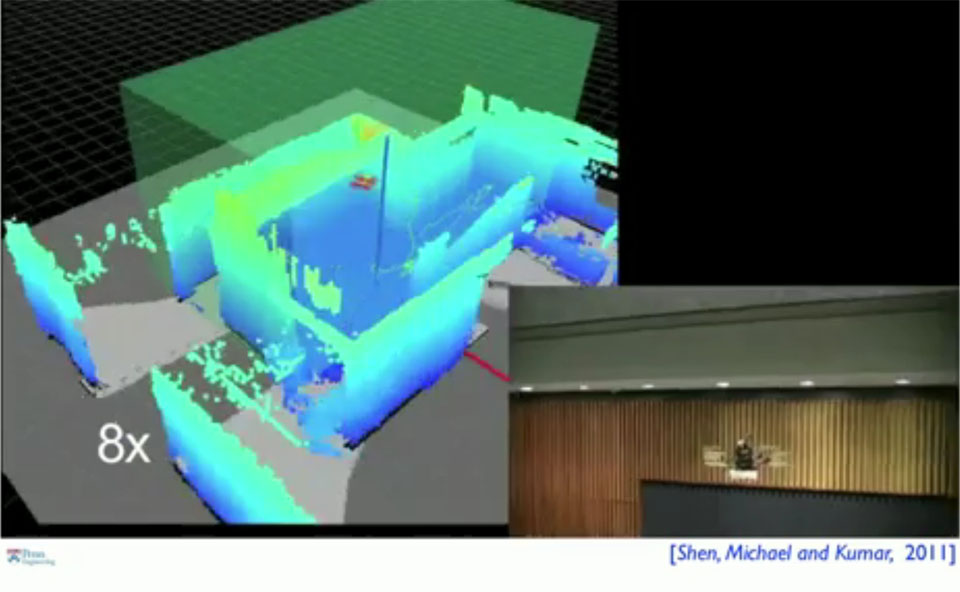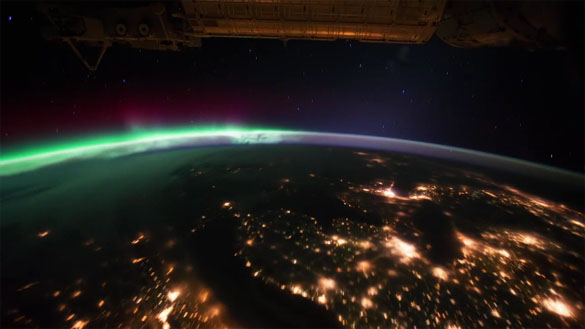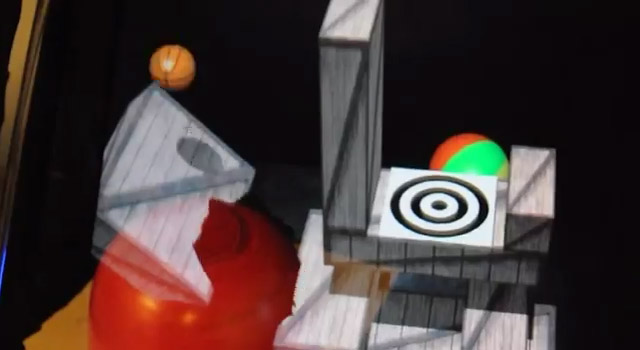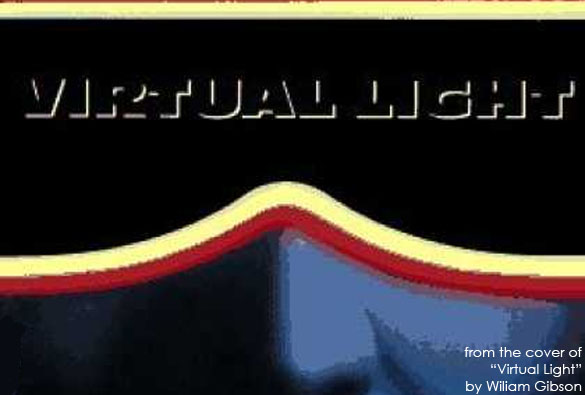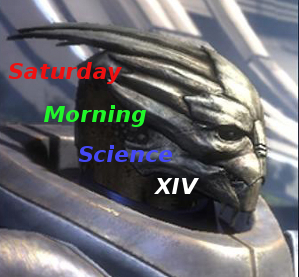Who is “Big Vaping”: a small slice of the e-cigarette misinformation war
Earlier today, Vox put out an article titled “How Big Vaping is misinforming the public about e-cigarettes“. In it, the author attempts to paint the growing grassroots vaping movement with the same brush as Big Tobacco. Unlike most online news sources, Vox doesn’t have a comment section directly below their articles, so I’m posting this here. The quotes are from the original article. It’s also Saturday morning, and I haven’t had my coffee yet… While the state campaign reminds its citizens that all the Big Tobacco companies also own e-cigarette…
Read More

